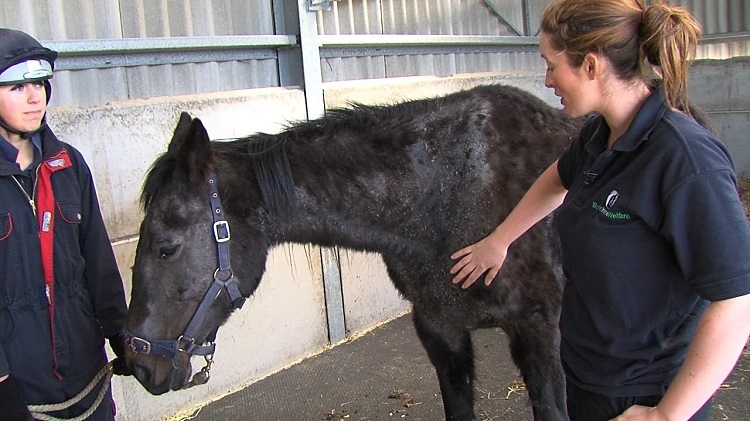Across the nation, new animal rescue agencies spring to life. Most notable are the horse rescue organizations that have emerged recently. Some of these rescue ranches focus on retired racehorses while others care for wild horses. Shelters have been established in traditional “horse country” areas like Kentucky and New York as well as Michigan and Florida and in western states like Nevada. Research shows that horses, especially as they outlive their working years, need the protection of “no-kill” shelters just like stray pets. Above all, they need folks who feel the calling to care for these majestic animals.
Table of Contents
Will You Keep My Horse Too?
Before turning to the requirements and resources necessary for rescuing horses, it is important to mention an inevitable occurrence faced by any person or group that cares for horses. Horse owners of every stripe always hunt for loving, dependable people who will stable, feed and even train their horses. This is not necessarily a bad thing, since it can provide income to help meet your farm’s expenses. It also comes with a risk, since you become partly responsible for any animal you board. You may want to check out Care Custody and Control Liability Insurance.
What Is Entailed in Caring for Horses?
You do not have to be a veterinarian or a racehorse trainer to rescue horses. There are many who can help you learn the ropes and the horses themselves will let you know if you are falling short. Here is a shortlist of the basics you will have to be ready to provide:
- Ample clean water and adequate food. Hay may be for horses, but it has limited nutritional value.
- A barn or at least a shelter to allow horses to escape bad weather.
- A place to exercise. Ideally, you need at least a quarter of an acre per horse as a minimum with regular access to trails and pastures.
- A large animal veterinarian with available hoof care.
Where Can I Turn for Help?
It is daunting to think of taking on such a project, particularly if caring for large animals is a new experience for you. Help, however, is available. Social media is a wonderful venue for finding resources, advice and camaraderie. Volunteers, some of whom may know a lot about horses, can also be secured via social media. Finally, there are non-profits and governmental agencies that may provide grants for people like you who are up for the challenge.









